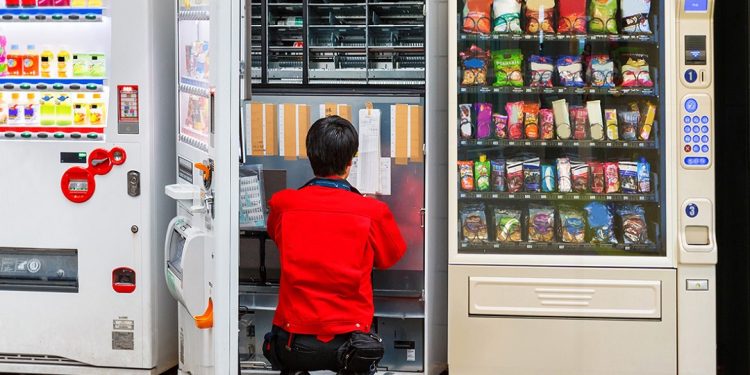The last thing you want to do when starting a new business is making mistakes that might harm your future success. It is preferable to learn from those who went before you and tried and failed. Keep an eye on the coffee vending machine market globally and analyze their data to learn how to run a profitable business. Avoid making the ten blunders listed below that new vending businesses make. They might not cover every potential mistake and issue associated with this kind of business, but we do hope they will at least get you started on the path to success.
1. Inaccurate Payback Calculation
Projecting bigger earnings in the future than what could be feasibly feasible is one of the more frequent blunders made in any sector. Supply providers for the vending business usually claim that each machine’s investment will undoubtedly be recovered in less than six months. This is too hopeful and can encourage startup business owners to take on more than they can handle. Even though payback times might be shorter than the stated 6 months, it is difficult to forecast this result because there are many variables and potential issues. In actuality, it takes most Vending Machine Service 12 to 14 months to recoup their expenses through concession sales.
2. Choosing more ancient and basic machine models
Vending machines must contend with a wide range of alternatives for consumers’ time and money. Every piece of equipment you install must operate dependably, but this is not sufficient to generate a healthy profit. Your equipment needs to project quality and security to be competitive in the market. While vending machines typically survive 12 to 24 years, if they are not properly maintained, they may appear older than they actually are.
3. Installing inoperative pay systems and bill validators
In addition to losing out on certain sales due to a malfunctioning vending machine, customers will also cease making purchases if their money is not accepted. This may happen if they pay but nothing is produced or if the device rejects the coins or notes they attempt to use.
4. Getting Vending Machines on Credit or Leasing
While investing in a new vending operation is vital, novices may err on the side of doing too much, too fast. Realistic must be used to moderate optimism. If the sales don’t materialize, using credit, taking out loans, or entering into a prolonged leasing term may become problematic. Any gains you produce can be eaten up by your debt or loan obligations.
5. Bulk Machine Purchases
While potential reductions on bulk vending machine purchases could appear alluring and could ultimately save you money, you must evaluate how many you can efficiently put, set up, and service. People who are fresh to the vending business can overestimate their talents. Due to this, it could be necessary to keep the equipment inactively for some time before finding a suitable location for them.
6. Putting vending machines in the incorrect locations
Location is the most important factor in any vending machine business if you want to succeed. Naturally, you also need a visually appealing display front, high-quality goods at competitive rates, and a quick turnaround time, but if the machine is installed incorrectly, nobody will ever make a purchase. A poor site is one with little customer traffic and competing machinery from other businesses. Restaurants, cafés, and other eating establishments may potentially reduce your revenues. The comfort of those who would utilize it is something else to look out for. People won’t stop at vending machines in dimly lit regions because they will feel uneasy.
7. Neglecting the Purchase Patterns or Capabilities of Local Customers
Know your target audience. People in low-income neighborhoods could gladly spend 50 cents on a little snack but object to a $1 choice.
8. Selling faulty or subpar ingredients or products
Customers favor trusted name brands of snacks over less expensive generic alternatives. Products like coffee are influenced by the water quality as well as the coffee grounds. To produce a tasty beverage or snack, all elements must collaborate.
9. Failure to keep machines maintained, clean, and serviced on time
Your vending machine company depends on customer confidence and purchasing intent. Sales will decrease because customers will lose faith in filthy or defective equipment.
10. Using vending machines that appear outdated or old-fashioned
Older equipment not only has a higher chance of breaking or going out of commission, but it also doesn’t look as like the firm is prospering and healthy. Older devices with dull, unappealing visuals perform worse than more recent devices.














